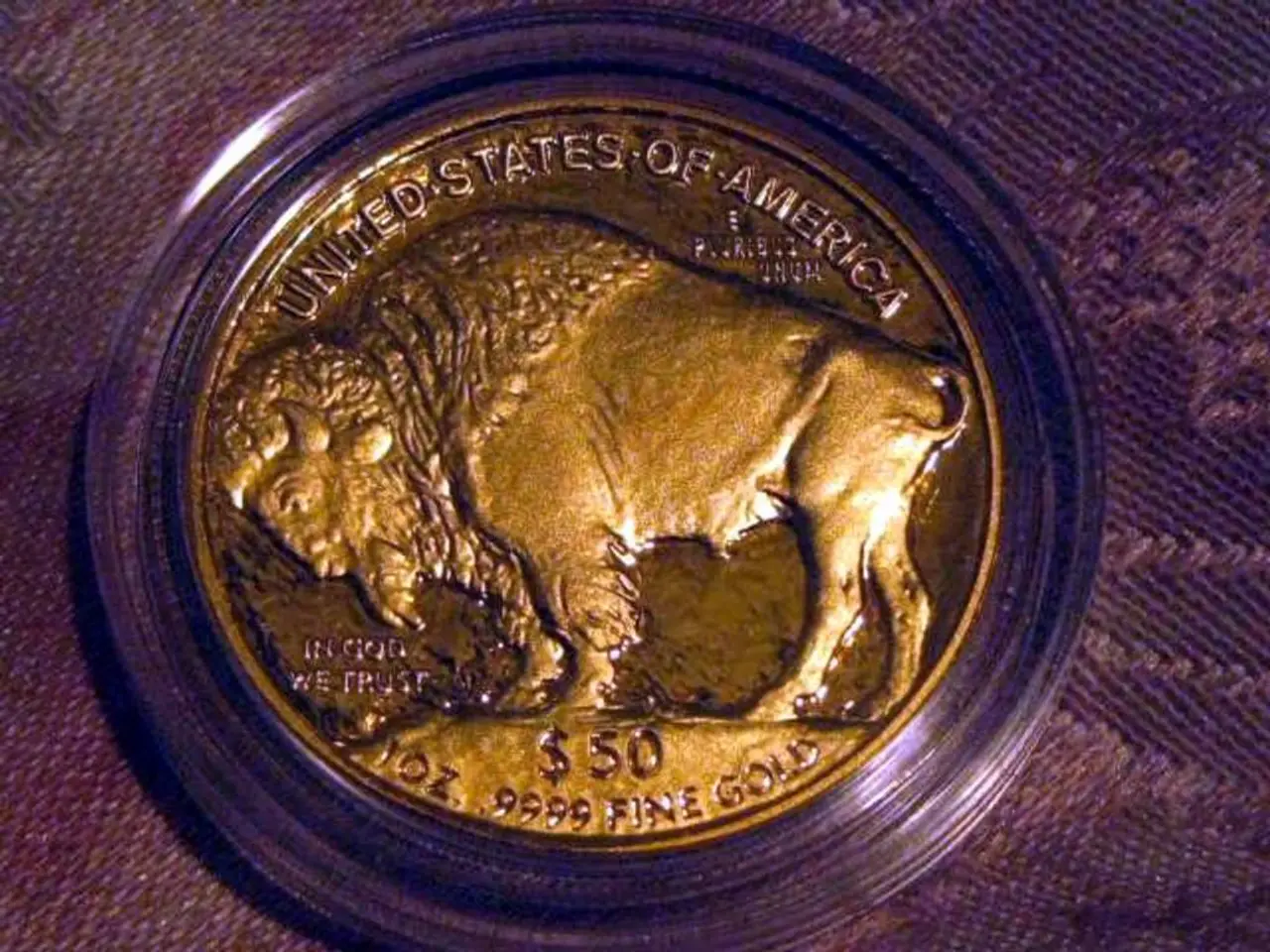Bitcoin Surges in U.S.: 49.6M Americans Prefer It Over Gold
Bitcoin's popularity is surging in the United States. Over 49.6 million Americans favor holding Bitcoin, outnumbering those who prefer gold. This trend is reflected in the U.S. government's stance, with 59% of Senators and 66% of House Representatives supporting pro-Bitcoin policies.
The U.S. is becoming a global hub for Bitcoin. Its stable regulatory environment, deep capital markets, and abundant energy resources attract Bitcoin miners. Since China's mining ban in 2021, the U.S. has taken the lead, responsible for 38% of new Bitcoin mined. Major U.S. holders include Strategy with 569,000 BTC, U.S. mining companies with 96,000 BTC, and others with 68,000 BTC, totaling 733,000 BTC.
The U.S. government sees strategic value in Bitcoin. It aims to be among the first nations to create a strategic Bitcoin reserve. This is echoed by major U.S. companies. Thirty-two public companies hold Bitcoin as a treasury asset, accounting for 94.8% of all Bitcoin owned by publicly traded companies worldwide. The three largest holders are MicroStrategy (over 632,000 BTC), Marathon Digital (50,639 BTC), and CleanSpark.
Bitcoin ownership in the U.S. is highest among males aged 31-35 and 41-45, with ownership rates ranging from 3% to 41% within these age groups. This indicates a strong interest in Bitcoin among middle-aged American men.
The U.S. is solidifying its position as a global leader in Bitcoin. With over 49.6 million Americans favoring Bitcoin, supportive government policies, and major corporate holdings, the U.S. accounts for 14.3% of its population owning Bitcoin and 40% of all available Bitcoin globally. As the U.S. continues to attract miners and investors, its strategic advantage in the Bitcoin ecosystem grows.
Read also:
- Exploring Harry Potter's Lineage: Decoding the Enigma of His Half-Blood Ancestry
- Elon Musk Acquires 26,400 Megawatt Gas Turbines for Powering His AI Project, Overlooks Necessary Permits for Operation!
- Ontario terminates $100M Starlink agreement due to U.S. import taxes
- Predictive modeling introduced in DP World's automotive supply chain operations






